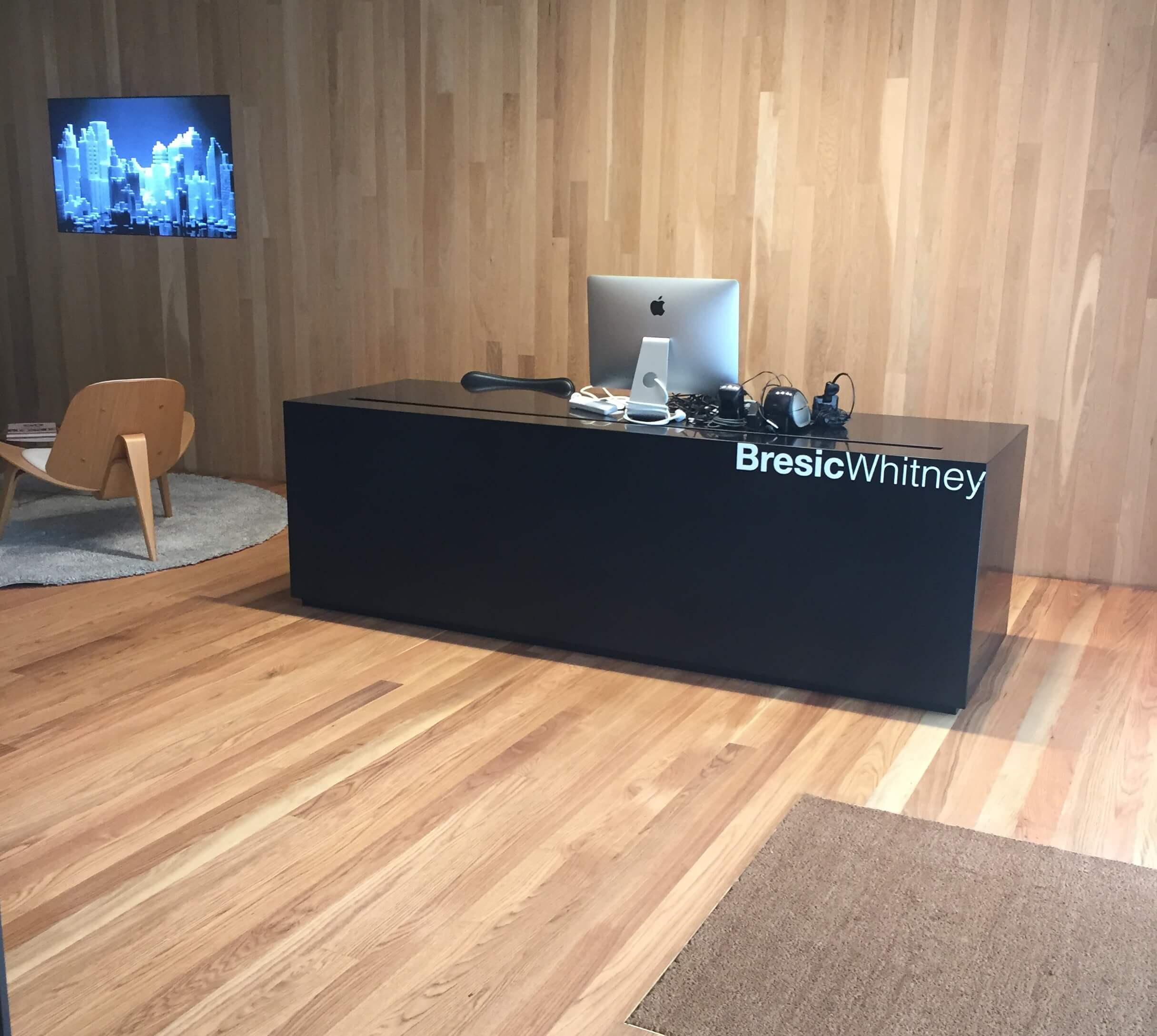
Nov 20, 2020
Floor Sanding
Regardless of how well your home looks, if your timber floor is cracked or stained, the effect will be lost. People notice dirty and cracked floors immediately. And if a floor is not sanded and finished, it is going to be impossible to keep it clean. Dry, exposed timber will absorb all sorts of substances and smells.
Which is one just one reason to consider sanding your timber flooring, sooner rather than later! Despite being relatively affordable, the effect on your flooring will be profound and you can Wow your guests by making the most of your timber.
Looking for the best Floor Sanding Sydney to offer? Click here to request for a quote.
1. Appeal - Your floor will look a lot better when sanded and polished. It will be more resilient and smooth. You can also choose from a wide range of finishes to change the look of your floor. Because changing finishes is relatively easy, while changing the entire floor is a lot of work!
2. Price - Sanding your floors will add to the home value. This is doubly the case when you consider that you would have to replace the floor earlier if you refused to sand and polish them properly.
3. Durability - Timber floors that are sanded will last longer than their non-sanded counterparts. Timber will rapidly deteriorate if it is not sanded.
4. Health - Sanding and polishing will also reduce allergies. As polish wears off, pollutants and allergens stick to the open wood. Sanding is actually a healthier option than leaving the timber exposed!
5. Easier to clean - When you sand and apply varnish, the floor becomes smooth, making it easy to clean. But if you spill coffee on fresh wood, then expect it to dry right in. You could be left with odors that will not come out.
If you fail to sand your floor, then it simply won’t look as nice. High-quality wood should always be sanded, polished, and varnished.
Instead of asking for reasons you should sand a wooden floor, consider why not to sand a floor. There are many advantages, and no disadvantages aside from the cost of getting the project finished. Your floors will look better and so will your room. But sanding a floor is not quite as simple as it sounds.
As you can see, sanding a floor is not as simple as buying a sander and running it over the timber floor! And if you miss step 12 above, you might see scratches showing up after the finish is done, at a time when the problem is much more difficult to rectify.
Even if you follow the steps above, it takes skill and expertise to sand a floor well. The buffer sander tends to be quite sensitive and hard to use. They might just take off across the room spinning round and round! You will further need to purchase several pieces of grit paper, cushioning pads, and a small orbital hand sander for areas the buffer sander can’t reach.
A final grit of 120 should be more than enough. A standard grit sequence could be 40 to 60 to 80 to 100 to 120. While you can go further, most cannot really distinguish a difference between 120 and something like 180 grit.
✔️ Accredited with the ATFA (Australasian Timber Flooring Association).
✔️ Environmentally friendly products used.
✔️ Range of ancillary services.
✔️ 100% customer satisfaction guarantee.
✔️ FREE Quotes within 24 Hours of Initial Inspection.
✔️ Established in 1953!
Call them on 1300 767 909 and get a FREE flooring consultation. Timber flooring in Sydney is available at the best possible prices.
For truly impressive floors, you need professionals who know how to sand and finish high-quality timber.
Sydney Floor Sanders are the best in the area. What are you waiting for?